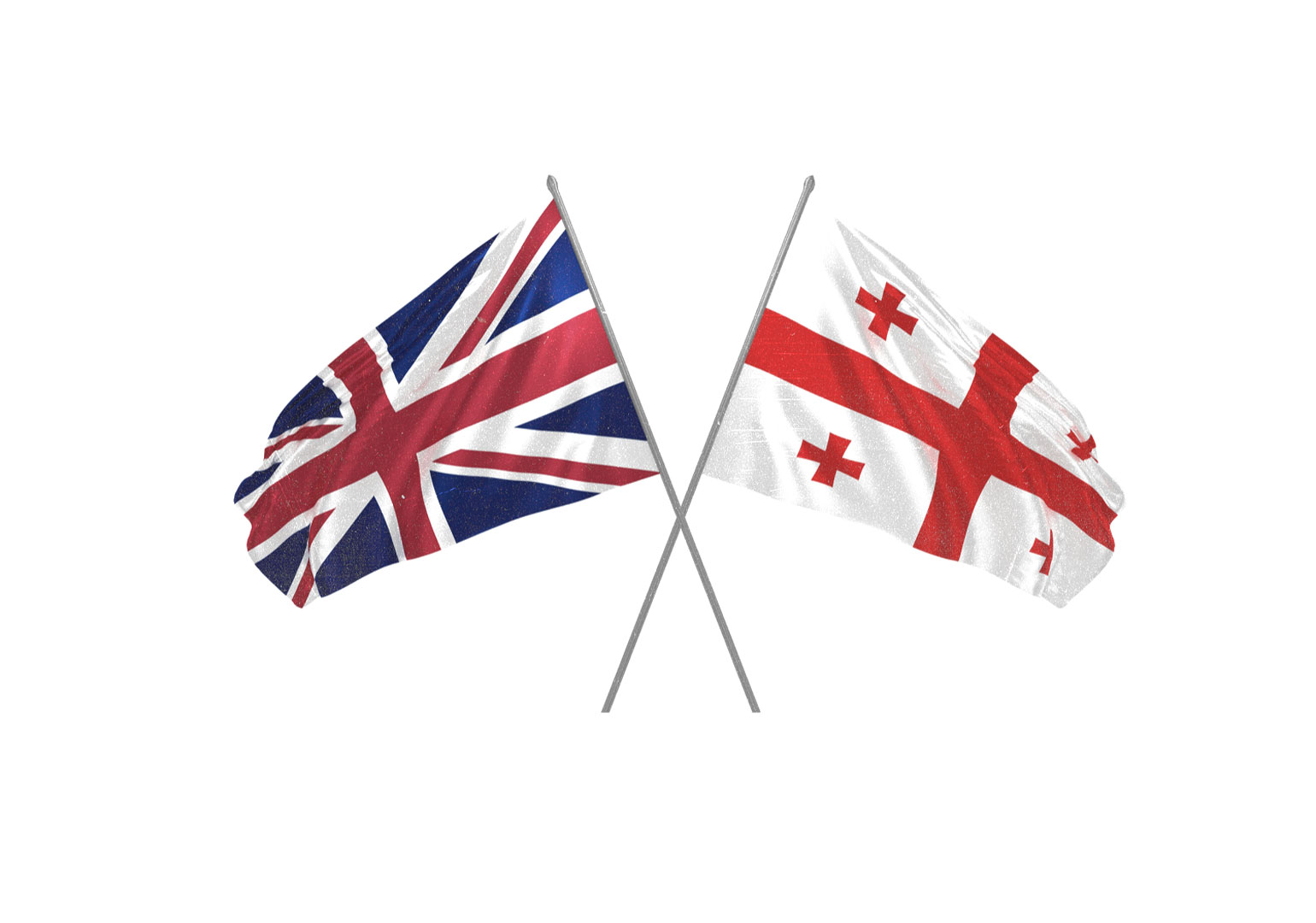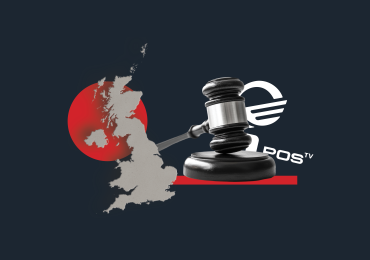25 years ago I first visited Georgia. Although I enjoyed that trip and was hopeful for the future, there were clear challenges ahead – in terms of governance, regulation and infrastructure. Returning in 2024 as British Ambassador, the change has been remarkable. Georgia is now an open, dynamic economy, with a pluralistic political culture and a Euro-Atlantic perspective. One statistic reflects this change – in 2023 the top source of foreign investment into Georgia was the UK, with 25% of the FDI flow. That is because Georgian companies are now accessing London’s global capital markets, where investors from Europe and the US are confident to invest in a well-regulated, high growth emerging market.
I formed another strong impression as I studied for several weeks at a University in Tbilisi earlier this year. Georgia is well known as a tourist destination, but now it is also becoming a regional hub for education. I see that students from across the region are choosing to study law and medicine in Georgia. That is a big vote of confidence in the soft infrastructure of the country. The UK is also destination for international students – people want to study where there is academic excellence, free speech and tolerance.
The UK Georgia Free Trade Agreement means that trade flows are on an upward trend. Based on our data, total trade in goods and services between the UK and Georgia was £463 million in the four quarters to the end of Q1 2024. UK exports to Georgia accounted for £271 million (an increase of 32% or £65 million), and Georgia’s exports to the UK amounted to £192 million. Products from the UK include cars, machinery, beverages, medical and pharmaceutical products. From Georgia to the UK top exports were refined oil, metal ores, beverages, rubber products and non-ferrous metals. Georgian wine has a growing reputation amongst UK consumers and exports of have increased in recent years.
The UK economy is driven by services, and this is reflected in our cooperation. Three of Georgia’s largest financial institutions are listed in London. Georgian companies such as Georgia Railways issue green bonds through London. The ‘big four’ accountancy firms have offices in Tbilisi and an increasing number of legal practices are working across the two jurisdictions. The Georgian Bar Association hosted an English Law Day last year.
In terms of infrastructure, UK expertise in design and project management will be of use for the next phase of Georgia’s development, whether in undersea electricity interconnectors, balancing a grid from diversified energy sources, or in telecoms. As an active board member at the World Bank, IMF, ADB and EBRD, the UK will play a role in financing green growth programmes delivered by those institutions in Georgia.
Of course, we cannot ignore the geopolitical headwinds. 20% of Georgia’s territory remains controlled by Russia – a similar amount to Ukraine, which is battling against another illegal and unprovoked invasion by Russia. Across Europe we now recognise that Russia is the biggest threat to European security, and we are co-operating with Georgia to counter Russian hybrid threats. Our commitment to Ukraine is iron-clad, and Europe will stand with Kyiv until it prevails. As Ukraine and Moldova move closer to European institutions, we continue to believe that for Georgia, a Euro-Atlantic future would bring peace and prosperity.
I have arrived in Georgia in a pre-election period. It is up to the Georgian people to decide which direction they want to take. The UK’s main concern is that elections will be free, fair and competitive. At the invitation of the Georgian Government, the UK is sending a large number of British election observers, as well as supporting local election observer groups. We are also concerned that recent legislation on ‘Foreign Influence’ and ‘Family Values’ are not compatible with European values. They damage civil society and citizen’s rights, and cause stigmatisation and discrimination. Anti-western rhetoric damages Georgia’s partnerships, including with the UK, and also its attractiveness as an investment destination.
Let me conclude with a good piece of news for both Brits and Georgians. From 2025 there will be direct flights again between Tbilisi and London, on British Airways and EasyJet. This will give a big boost to our economic relationship. I am confident that tourism will grow strongly in both directions. In particular, the prospects for adventure, cultural and gastronomic tourism will be irresistible for British travellers. And I hope that Georgians will chose to visit the whole of the United Kingdom, including Wales, Scotland and Northern Ireland where you can find scenery just as stunning as in the Caucasus!
British Ambassador to Georgia.


















